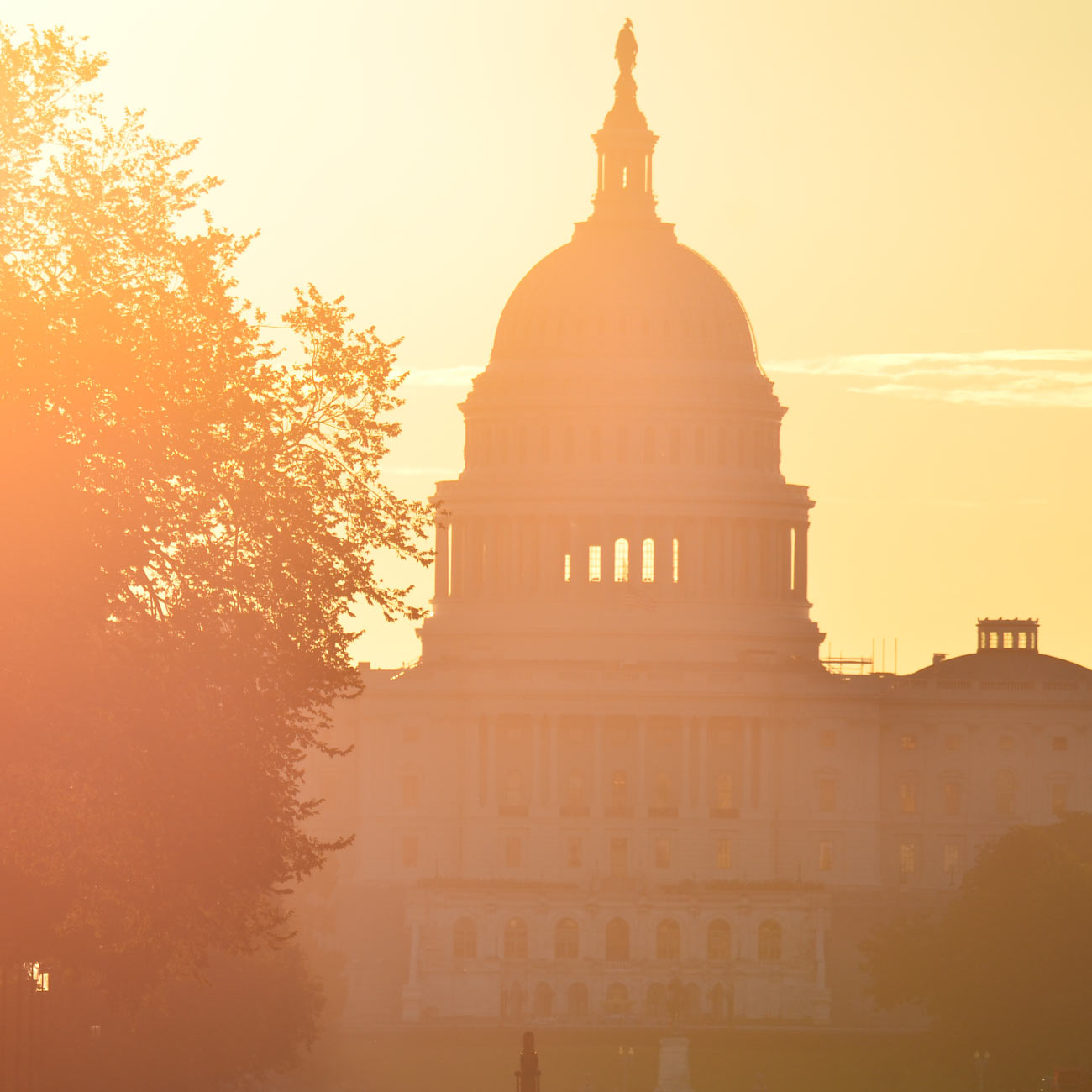This article was originally published in the St. Louis American. As we celebrate Juneteenth, we reflect on how we can work together to remove structural and systemic barriers to better health for all Missourians, regardless of ethnicity or geography.
One of our finest American qualities is that we often pull together in times of need and show our best selves during a crisis. We open our hearts to our neighbors and strangers across the globe, shifting resources on personal and national levels and responding to the most critical needs. Our most basic human beliefs drive us to care for those who have the least. When emergencies end, that generosity of spirit can fade – especially if someone injects the idea of “equity” into the conversation.
Changing that attitude is essential when it comes to health equity, which – with consideration of our unique geographies, personal identities, and life situations – promises a healthier, more prosperous, and secure future for all of us.
When we work towards health equity, we leverage community wisdom to address the root causes of health disparities. When health outcomes can’t be predicted by what we look like, where we live, or who we love, we’ll know that we’ve reached our goal.
Done well, it means all Missourians could have lives where physical and mental health is fully supported for their entire family, where gainful employment means they can put delicious, healthy foods on the table. Babies would flourish from their first years of life in high-quality housing and grow up in vibrant neighborhoods free of firearm violence with walkable schools and nurturing communities.
These changes would also boost Missouri’s economy. By lowering health care costs, improving workplace productivity, and reducing crime, we could add $17.3 billion to the state’s budget in the next 10 years.
Given all that, no one could argue that achieving health equity is both an economic boon and more importantly a moral imperative. Before we can move forward, we must address the systemic barriers preventing us from reaching our goal so that everyone has the best chance at living their healthiest lives.
Examining Our Shared History: Reconstruction and Deconstruction
Our nation’s founders asserted that all men were created equally. The “inalienable rights” they envisioned suggest a morality that, in truth, did not apply to everyone—not to Indigenous peoples, enslaved Africans, or women. This contradiction is uncomfortable because it was intentional. However, our founders also wisely charged us to “create a more perfect union” and that requires dismantling discriminatory barriers.
The American Civil War nearly dissolved our democracy because of the mismatch between American ideals, like liberty and justice for all, and chattel slavery, the engine of the Southern farming economy. After the war, free and freed citizens banded together to reconstruct America and rebuild our nation’s infrastructure. Our mutual destinies were on the line and work began to build a better future for everyone.
During Reconstruction, freed Black men were elected to state and national government. Constitutional amendments enshrined new protections in law and ensured access to the ballot box and due process. However, these advances didn’t address structural barriers that continued to disenfranchise women and most Indigenous people. They also didn’t stop an immediate deconstruction in the form of Jim Crow laws and Black Codes that enforced racial segregation and employment oppression. This backlash also turned a blind eye toward the Ku Klux Klan’s vigilantism. Unfavorable media characterizations appeared in the press and in movies that glorified white supremacy.
This entrenched resistance eventually led to a second reconstruction, more commonly referred to as the Civil Rights Era. Americans across racial and socioeconomic groups rallied to repair the harms of deconstruction. Fundamentally unconstitutional Jim Crow laws and systemic discrimination were no longer enforced in our military, public accommodations, and schools. Federal Civil Rights Acts were passed, as were Voting Rights and Fair Housing Acts designed to eliminate voter suppression and housing discrimination. Our economy flourished and the American middle class was fortified.
Deconstructionists moved to reduce and roll back these impressive gains or ensure that they weren’t enforced as originally intended. The lesson is clear: passing laws without enforcement mechanisms to ensure continued impact despite predictable resistance means each generation must navigate the same challenges again and again, ultimately slowing progress.
Moving Forward Together
Bringing health equity to fruition may seem daunting, but we already have a blueprint for success. For Missouri, it can bring economic benefits that boost our economy and improve our future. It’s true that our young nation’s history is full of contradictions that need to be held up, ironed out, and examined to blaze our path forward. Our history can guide us if we unite across our communities and build a more fair and just society for all of us.
To reach this goal and reap the benefits, we should all commit to learning our history, engaging our elders who have lived it, and sharing it with future generations. Our country’s leaders should value the wisdom of those most affected by systemic and structural barriers.
I recognize that foundations like MFH are in a unique position to shift power, organize resources, and repair trust. Instead of being silent on the value of our shared history, we can interrogate our past and boldly envision new ways for philanthropy to equitably serve our nation.
Although ours is a painful past, the next reconstruction must be focused on healing, reconciliation, and accountability so that the gains we make together are not so easily washed away. A north star of creating a more fair and just society will bring us together across our disparate interests to realize the promises of our country’s founders.



